From 4 to 6 November 2025, the Building Digital Twin Association (BDTA) participated in the Smart City Expo World Congress (SCEWC) in Barcelona, the world’s leading event for urban innovation and digital transformation.
Hosted at Pavilion P3, Level 0, Street D, Stand 41, the BDTA stand became a vibrant meeting point for partners, public authorities, and innovators shaping the future of the built environment through Digital Twin technologies.
Strengthening Collaboration
Throughout the three days, the BDTA’s Managing Director Elke Moors and President Eduard Loscos engaged in discussions on standardisation, interoperability, and innovation in the digitalisation of the construction sector. Eduard Loscos, who also chairs the CEN/TC 442/WG9 Committee on Digital Twins in the Built Environment, shared the association’s vision for aligning efforts across European and international standardisation initiatives.
During the event, the BDTA signed a new collaboration agreement with Metabuilding, establishing a framework for cooperation on research, innovation, and the deployment of digital twin technologies in construction and urban projects.
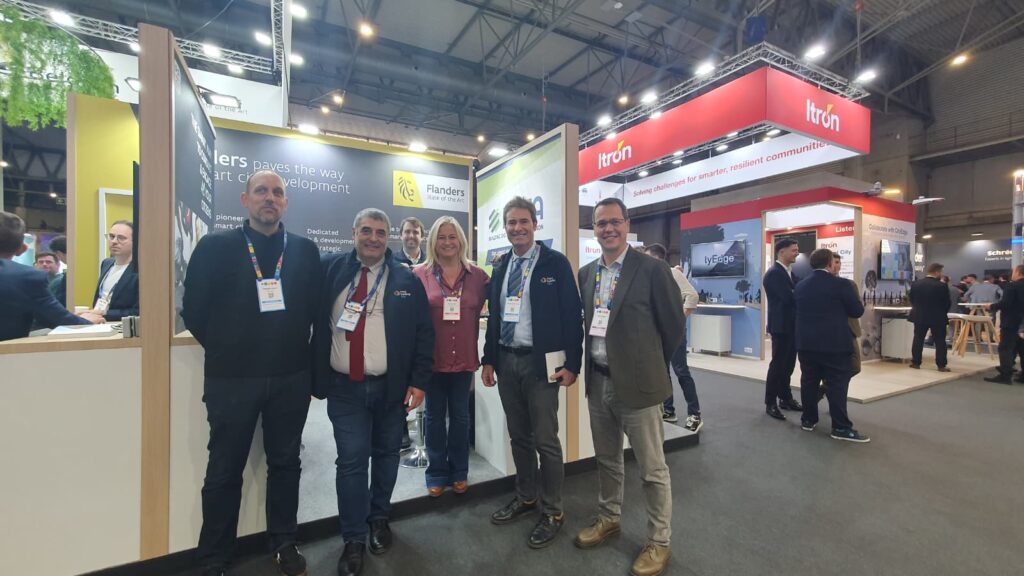
International Connections and Dialogue
The BDTA stand also welcomed representatives from the Digital Twin Consortium, reinforcing bridges between European and global initiatives promoting common frameworks and shared methodologies for Digital Twins.
A highlight of the congress was the discussion between the BDTA and the Àrea Metropolitana de Barcelona (AMB), focusing on the integration of Digital Twin solutions in metropolitan planning and urban services. The dialogue showcased how local and regional authorities are embracing digital transformation to improve urban governance and sustainability.
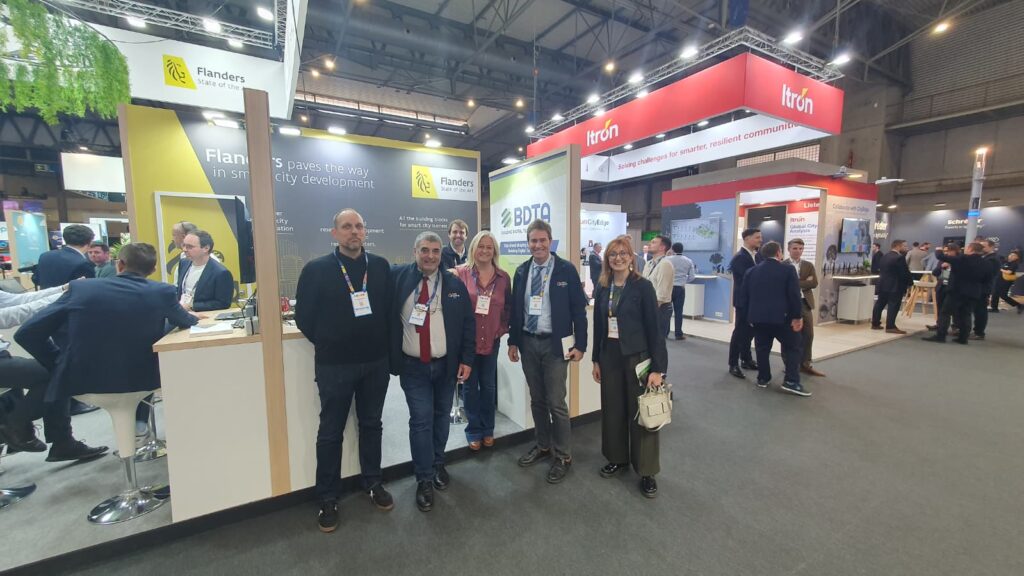
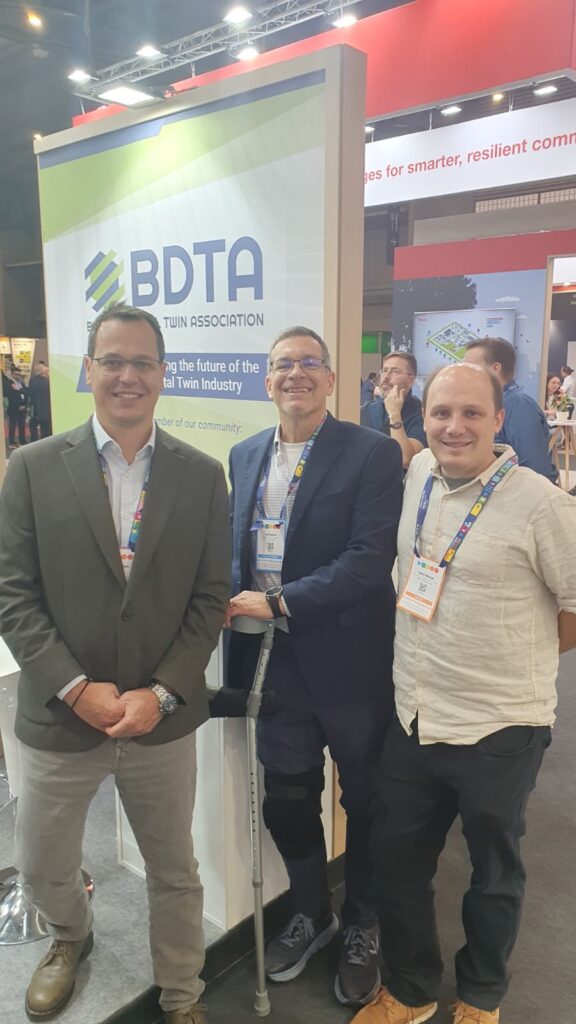
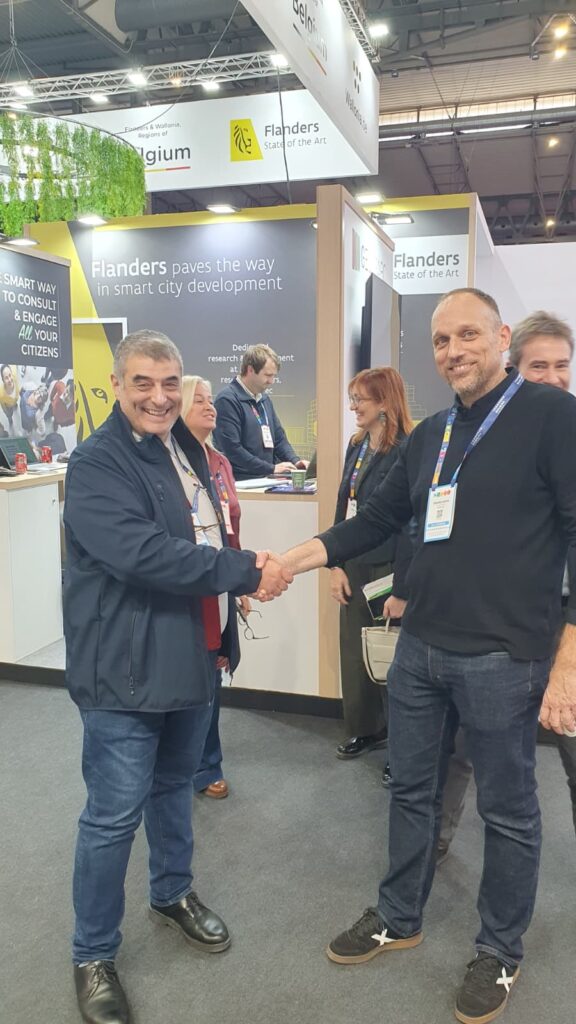
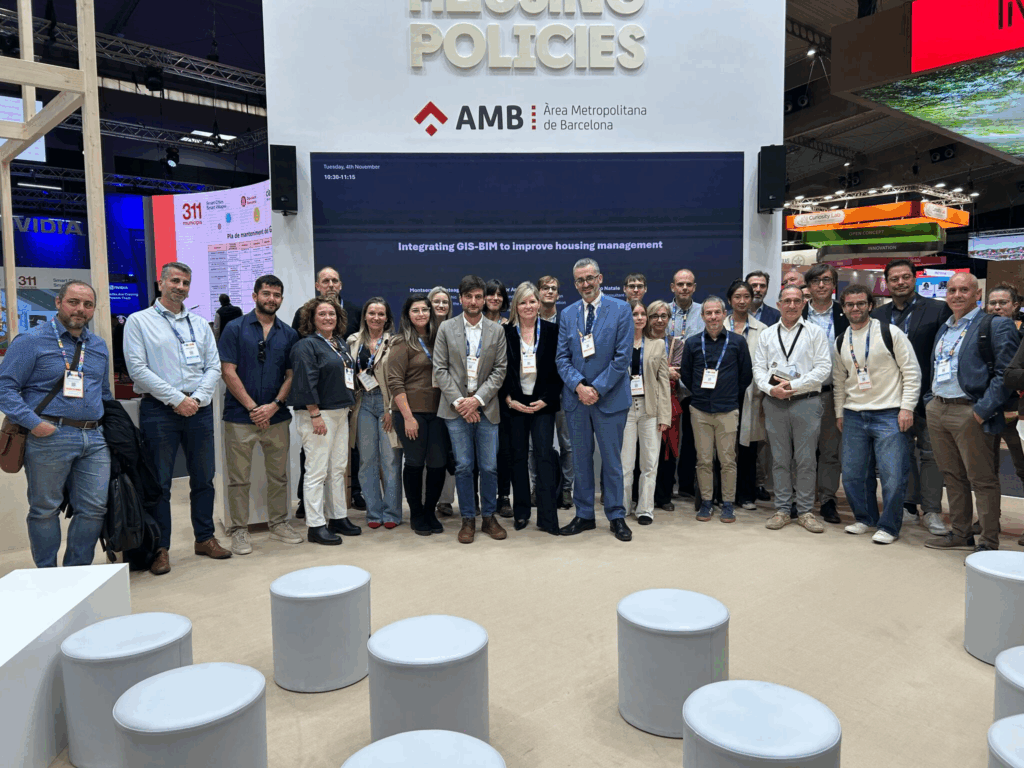
Networking and Key Insights
The BDTA was also pleased to take part in the Networking Event hosted by Flanders Investment & Trade, an opportunity to connect with companies and institutions working on smart infrastructure, construction innovation, and urban data management.
Among the many inspiring presentations, Caroline Zorn from UN-Habitat delivered an engaging talk on inclusive and sustainable digital urban policies, emphasizing the need to ensure that technology serves both cities and their citizens.
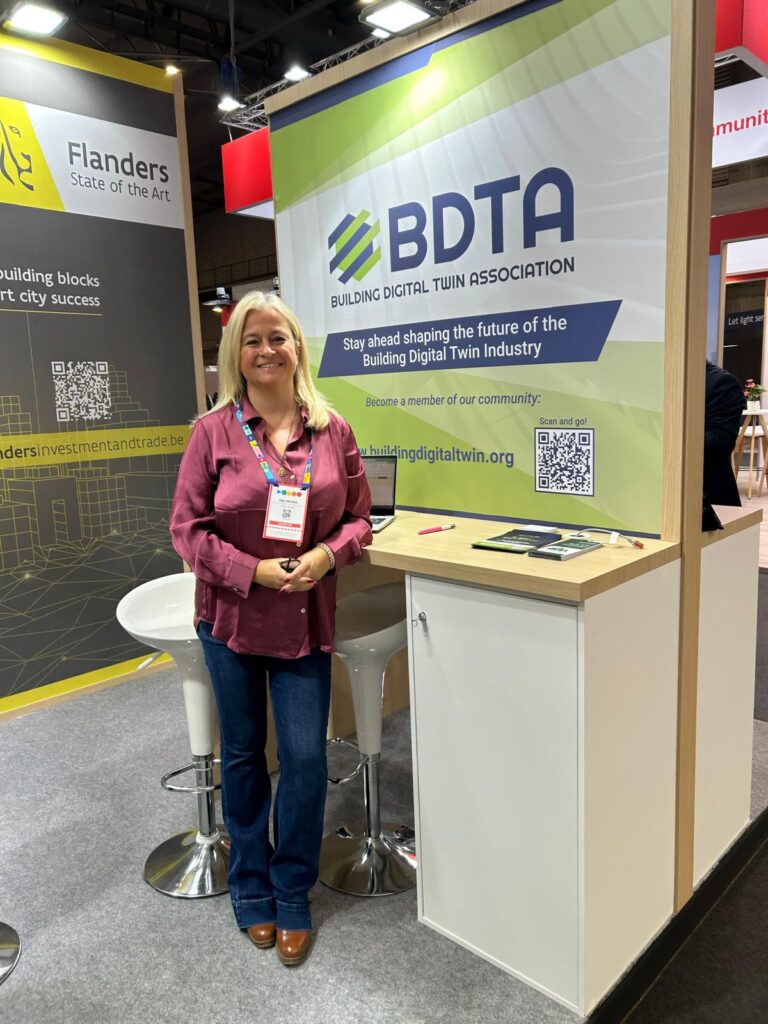
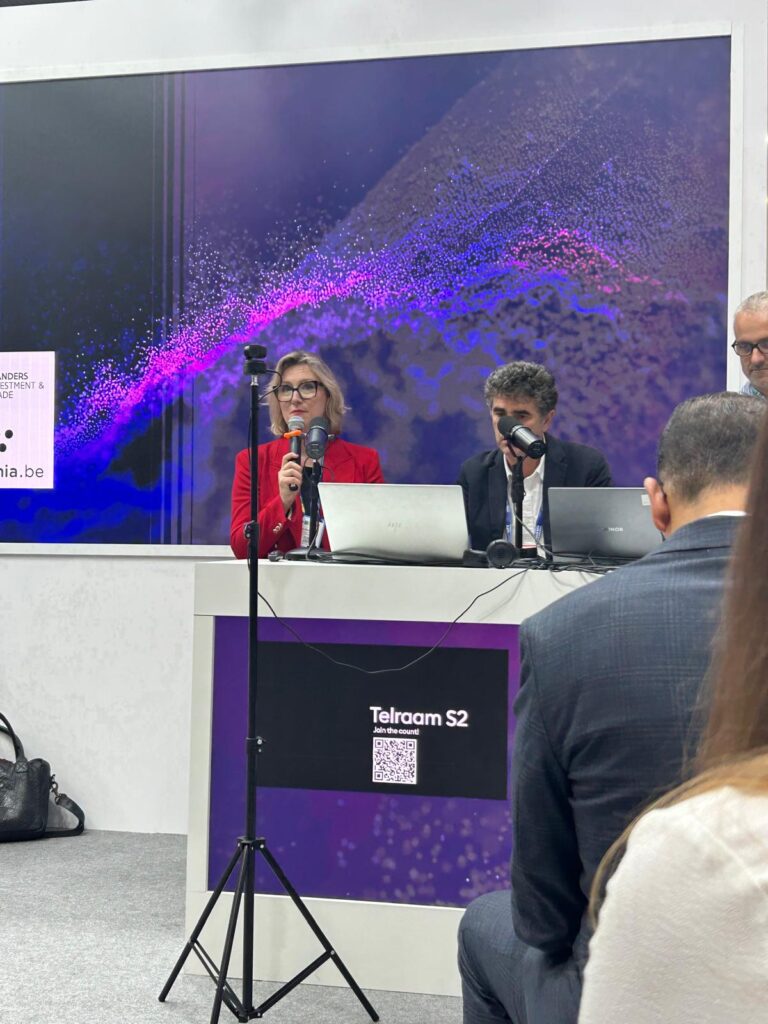
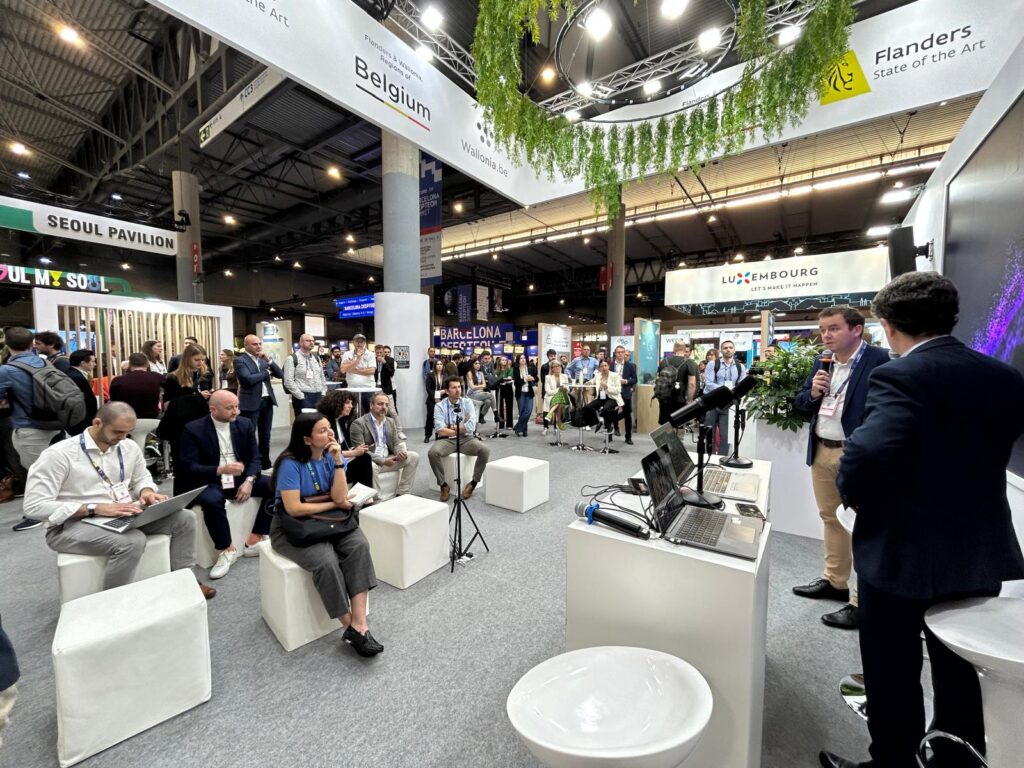
Looking Ahead
The Smart City Expo 2025 once again demonstrated the growing importance of collaboration between industry, academia, and public administrations in driving the digital transformation of the built environment. For the BDTA, it was a valuable opportunity to strengthen partnerships, share insights, and reaffirm its role as a key player in advancing Digital Twins for smarter, greener, and more resilient cities.
